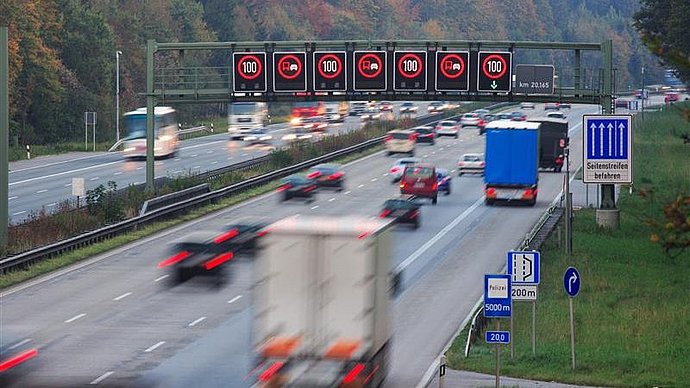Why We Resist New Rules – Until They Stick: The Psychology Behind Policy Rejection

People often react negatively when new rules are introduced, whether it’s a smoking ban in public places or stricter speed limits on the roads. However, according to a new study by the Technical University of Munich (TUM) and the University of Vienna, this resistance typically fades once the regulations take effect. So why do we resist change, only to adapt quickly once it's in place?
The study delves into the psychological mechanism behind this paradox. Researchers found that initial rejection stems from a deep-seated desire to maintain personal autonomy. Humans inherently resist anything perceived as an external constraint on their freedom, even if the long-term benefits are clear. However, this resistance is usually short-lived. Once a policy becomes part of daily life, individuals begin to accept it as the new norm.
Dr. Thomas Weber, one of the study’s lead researchers, explains that this shift occurs as people realize the rules aren't going away. Over time, they adjust their behavior to align with the new structure, often without even realizing it. This psychological mechanism is rooted in what’s known as "reactance theory," which suggests that people will feel compelled to restore their freedom when they perceive it to be threatened.
The study’s findings hold valuable insights for policymakers. Understanding the initial resistance to new rules could help in designing communication strategies that manage public expectations. For instance, framing a policy change as a “new normal” rather than a temporary restriction may reduce resistance and help people embrace it more quickly.
From smoking bans to traffic regulations, the research suggests that while the initial resistance to new rules is almost inevitable, time and consistent enforcement turn what was once seen as a restriction into an accepted part of life. This understanding could be pivotal for future policy changes aimed at improving public health and safety.